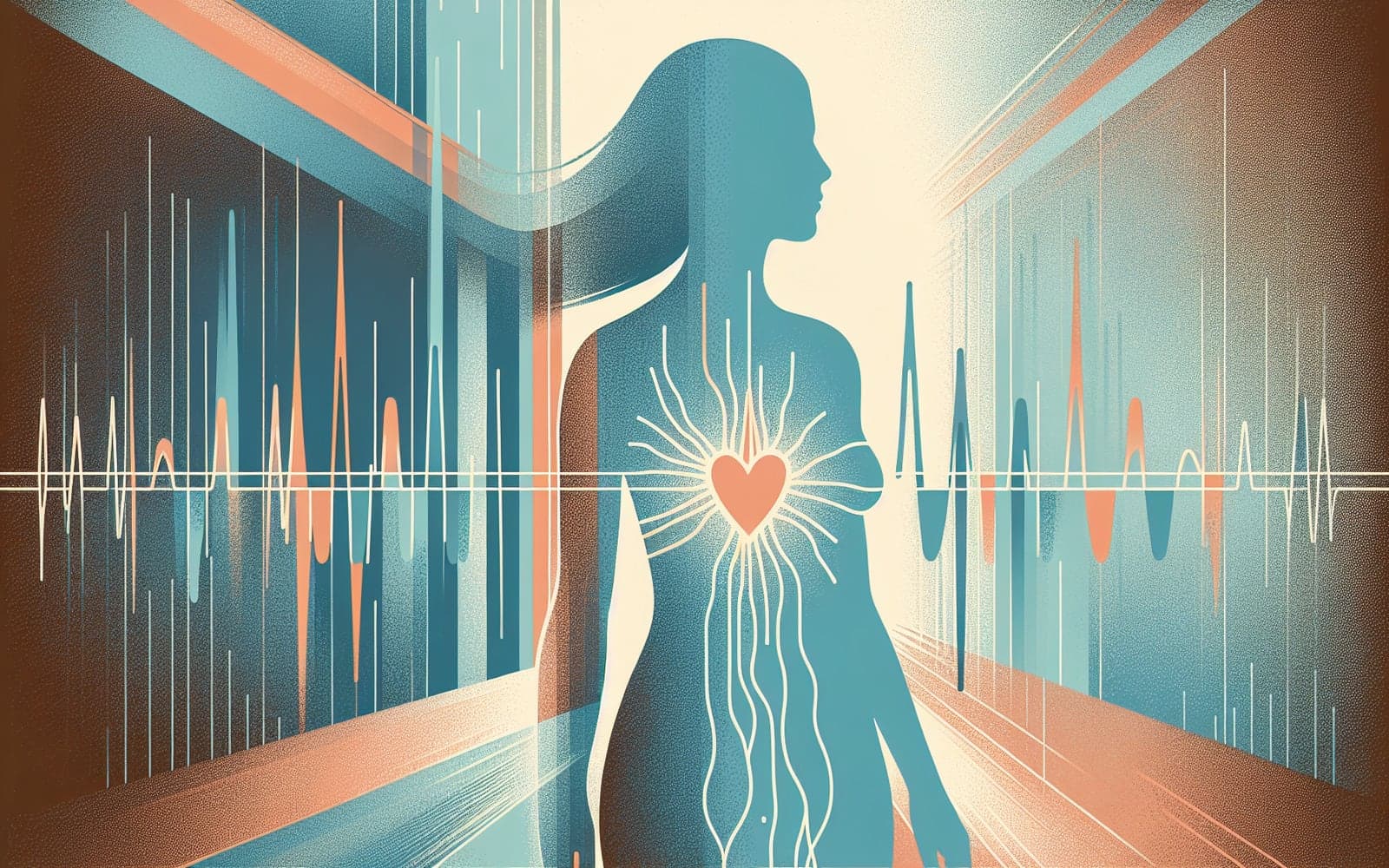Electrocardiograms: Your Heart's Truth Teller?
Published: Apr 17, 2024
An electrocardiogram (ECG) can reveal a lot about your heart's health. Here's why it's a crucial test for anyone with chest pain.
Contents
When Is an ECG Needed?
Doctors recommend an ECG for new or unusual chest pain, especially when linked to symptoms like shortness of breath or dizziness. It's a quick, non-invasive test that can help detect heart attacks or arrhythmias. Even if the pain feels different from past episodes, an ECG provides valuable insights.
What Can an ECG Detect?
An ECG can identify irregular heart rhythms, signs of a heart attack, or other heart issues like pericarditis. Changes in the heart's electrical activity are visible on an ECG, guiding doctors in diagnosing your condition. It’s often the first step in evaluating unexplained chest pain.

Beyond the ECG
While ECGs are essential, they are just one piece of the diagnostic puzzle. Other tests like chest X-rays or stress tests may be needed for a comprehensive evaluation. Your symptoms and medical history will guide further testing.
Frequently Asked Questions
An ECG shows the heart's electrical activity and can detect abnormalities.
No, an ECG is a painless and quick test.
An ECG typically takes just a few minutes.
Not all heart problems, but it detects many common issues.
Key Takeaways
An ECG is a valuable tool for understanding your heart's health—don't hesitate to get one if needed.
Get started with Doctronic today to learn if an ECG is right for you!Related Articles
References
Swap CJ, Nagurney JT. Value and limitations of chest pain history in the evaluation of patients with suspected acute coronary syndromes. JAMA 2005; 294:2623.
Always discuss health information with your healthcare provider.

